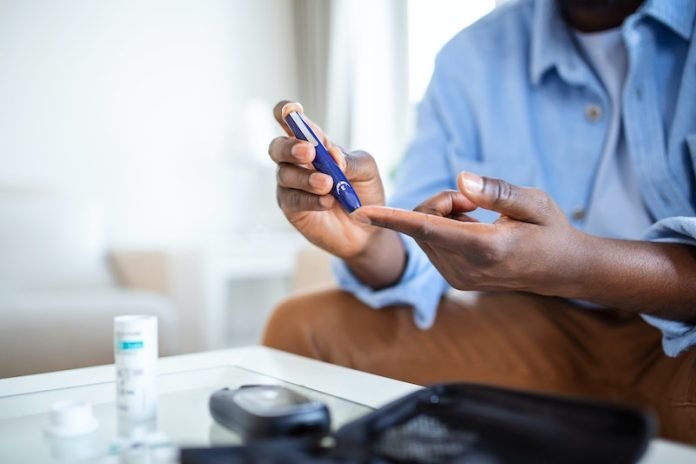
A groundbreaking study conducted at the University of Galway has provided promising results for a new cell therapy aimed at improving the lives of individuals living with diabetes.
This innovative trial focuses on adults with type 2 diabetes and worsening kidney disease, despite receiving optimal medical treatment.
The therapy, known as ORBCEL-M, demonstrated safety and showed potential in preserving kidney function compared to a placebo.
Understanding Diabetic Kidney Disease
Diabetic kidney disease (DKD) affects a significant portion of the population, with approximately 250,000 individuals in Ireland living with diabetes.
Alarmingly, more than 40% of people with diabetes show signs of kidney disease.
In cases of type 2 diabetes, up to one-third of individuals with DKD experience declining kidney function, even with the best available medical interventions.
Addressing the Need for Better Treatment
The consequences of worsening kidney disease in individuals with diabetes are substantial, as they face a heightened risk of requiring dialysis or a kidney transplant.
These treatments are complex and can come with potentially severe complications. Recognizing the urgent need for improved therapies, the researchers embarked on this cell therapy trial to explore a novel approach.
Positive Outcomes and Patient Monitoring
The trial involved carefully selected diabetic patients who received a single intravenous dose of ORBCEL-M. The participants were closely monitored for 18 months following the therapy.
The primary aim of the treatment was to reduce systemic inflammation and enhance kidney function, ultimately reducing the need for dialysis or transplantation.
Encouraging Safety and Efficacy Signals
The research team is greatly encouraged by the therapy’s safety profile and the preliminary efficacy signals observed in the patients.
The positive results provide hope for individuals with worsening kidney disease due to diabetes, offering potential alternatives to the currently available treatments.
The researchers express their enthusiasm for advancing this new medicine through Phase 3 efficacy trials and ultimately obtaining market approval.
Conclusion
The University of Galway’s study, led by Professor Matt Griffin and his team, represents a significant step forward in the search for effective treatments for diabetic kidney disease.
The promising results of the ORBCEL-M cell therapy trial provide hope for the quarter-million individuals in Ireland living with diabetes.
By preserving kidney function and potentially eliminating the need for dialysis or transplantation, this innovative approach may significantly improve the lives of those affected by worsening kidney disease.
Further research, including Phase 3 trials, will continue to advance this therapy towards eventual market approval.
Note: This revised version of the article aims to make the content more accessible and engaging for 12-year-old students while maintaining the essential information and context.
As with any health-related topic, it is crucial to provide appropriate guidance and supervision when discussing these matters with young readers.
If you care about diabetes, please read studies that not all whole grain foods could benefit people with diabetes, and honey could help control blood sugar.
For more information about health, please see recent studies that blueberries strongly benefit people with metabolic syndrome, and results showing vitamin D could improve blood pressure in people with diabetes.
Copyright © 2023 Knowridge Science Report. All rights reserved.




